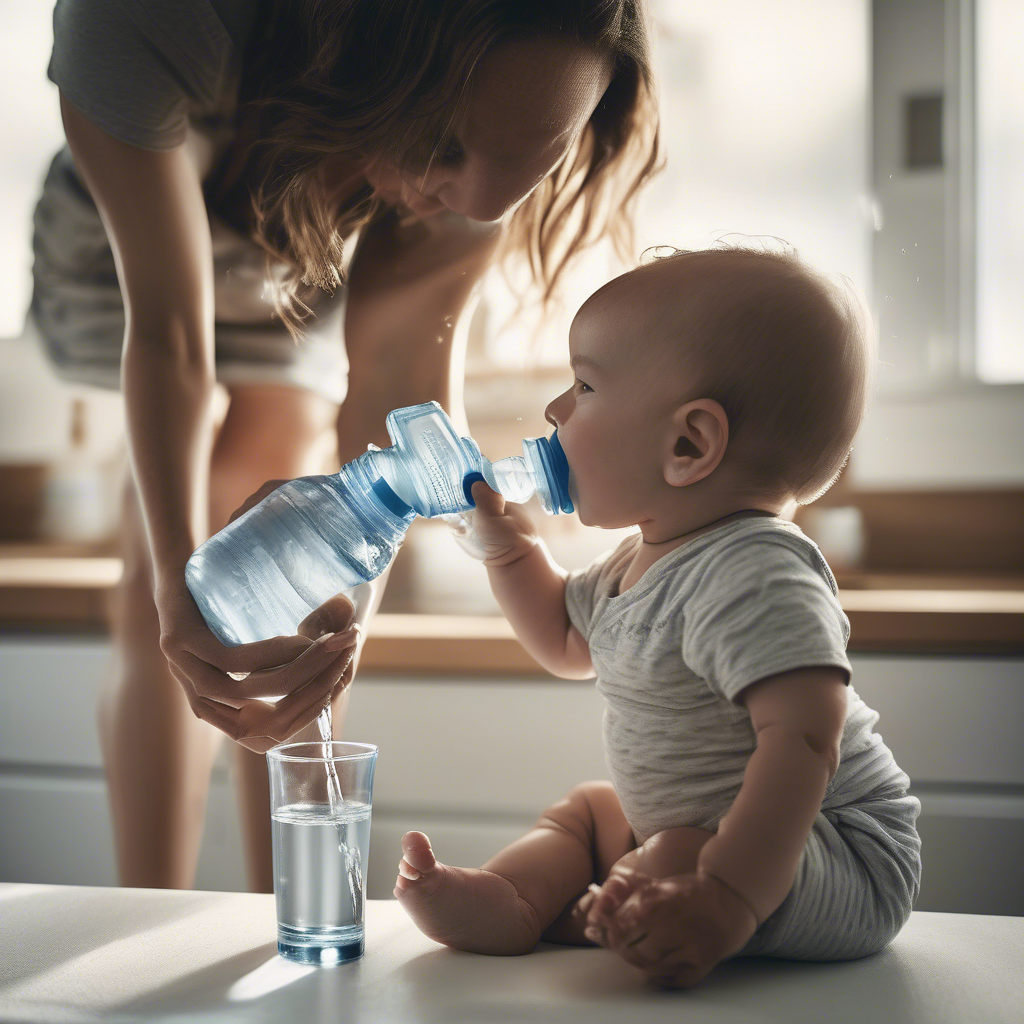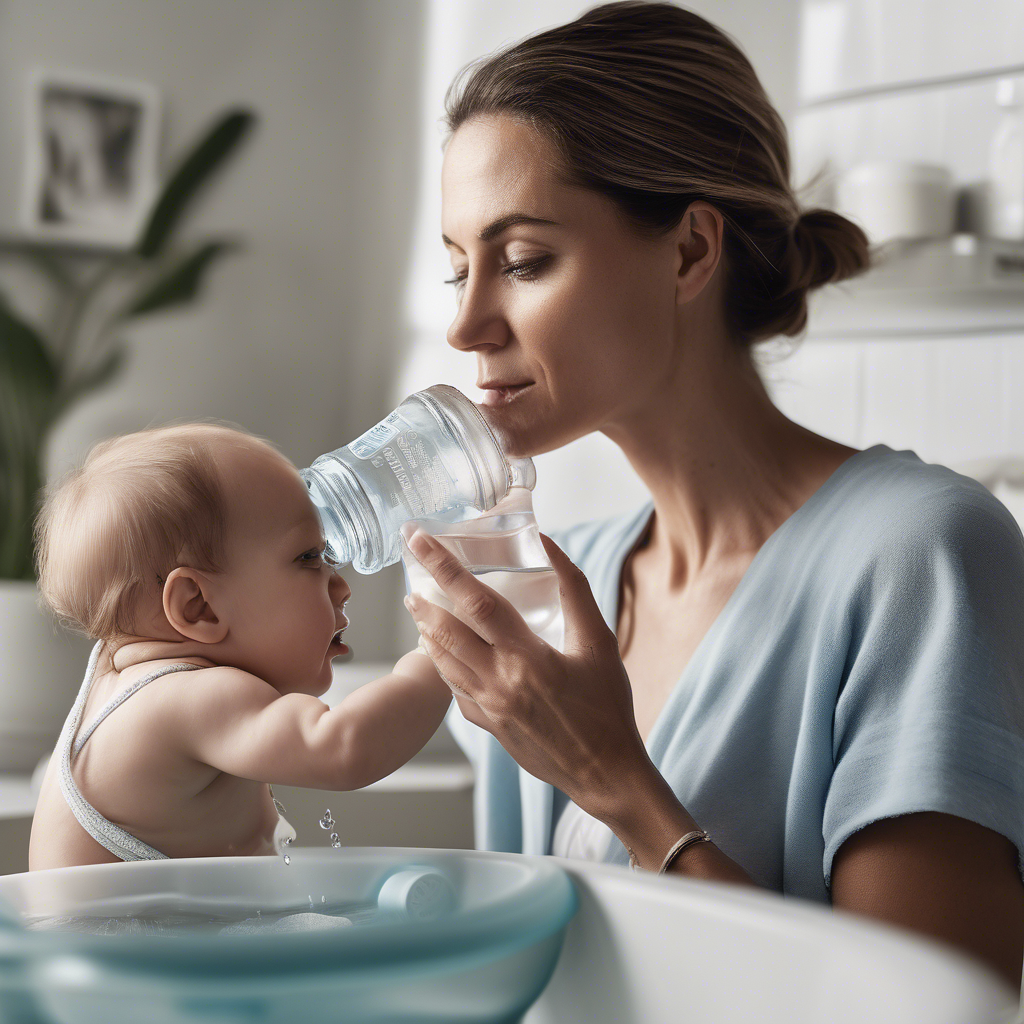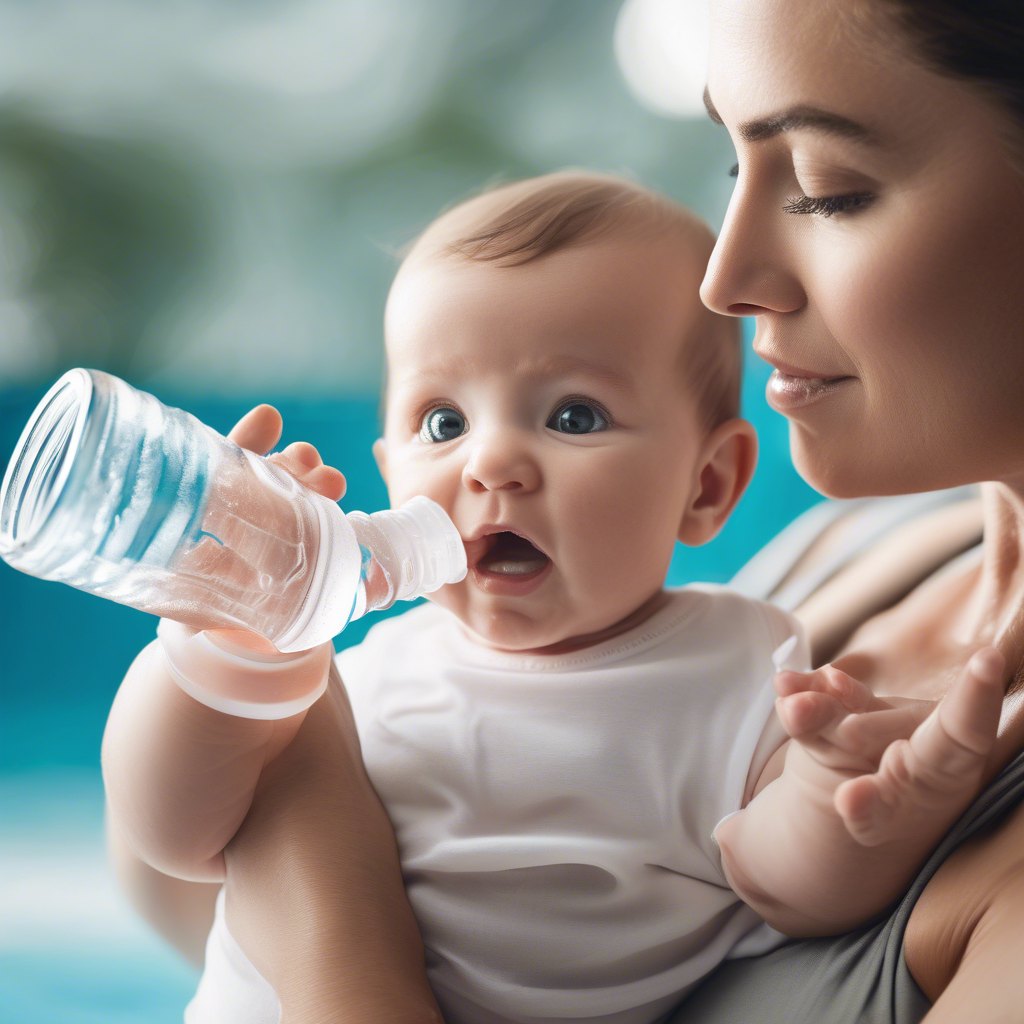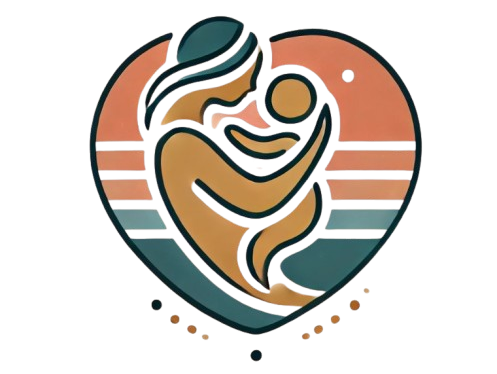Hydration for Moms and Babies: Why Water Matters More Than You Think

Water is the essence of life, yet its importance is often overlooked, especially for new moms and their babies. In the hustle and bustle of motherhood, staying hydrated can easily slip down the priority list. However, understanding the significance of hydration for moms and babies is crucial for maintaining health and well-being. With the myriad responsibilities that accompany motherhood, ensuring adequate water intake can provide numerous benefits that extend beyond mere thirst quenching.
Today, more than ever, the emphasis on healthy living has brought issues like hydration to the forefront. As research continues to highlight the benefits of water intake for breastfeeding moms and its impact on babies’ growth and development, it becomes increasingly vital to understand why water matters. This article will explore hydration for moms, baby hydration tips, and the importance of water for both mothers and their little ones.
In this article, you will learn about the specific hydration needs of new moms, the benefits of drinking water for moms, and practical baby hydration tips. We will delve into recommended water intake levels and provide actionable insights to help you and your baby stay healthy and hydrated. Join us as we uncover why water is more than just a drink; it’s a vital component of a healthy lifestyle for both moms and babies.
The Importance of Hydration for New Moms
Hydration is a key factor in postpartum recovery and ongoing maternal health. For new moms, the water intake recommendations are often higher than usual due to the demands of breastfeeding and the body’s natural healing processes. Staying hydrated during pregnancy and after childbirth helps in maintaining energy levels, aiding digestion, and supporting overall wellness.
According to the Institute of Medicine, breastfeeding moms should aim for approximately 3.1 liters (13 cups) of total fluids per day. This includes all beverages and water-rich foods. Proper hydration is essential for milk production, as breast milk is about 90% water. Mothers who are adequately hydrated often report better milk supply and a more comfortable breastfeeding experience.
Real-life stories from mothers highlight the benefits of drinking water for moms. Many have noted improvements in mood, energy levels, and even skin health. For instance, Sarah, a mother of two from New York, shared how increasing her water intake helped her cope with postpartum fatigue. These firsthand accounts emphasize the tangible impact of adequate hydration.
Understanding Baby Hydration Needs
The importance of water for babies is often misunderstood, yet it is a critical aspect of their development. Babies, especially newborns, get the majority of their hydration needs met through breast milk or formula. However, as they grow, introducing small amounts of water becomes necessary.
For infants under six months, water is not typically recommended unless advised by a healthcare provider. Breast milk or formula provides all the necessary hydration. From six months onwards, small sips of water can be introduced, particularly as babies start solid foods. This helps in developing drinking habits and ensuring adequate hydration as their dietary needs evolve.
It’s important to note that too much water can be harmful to infants, potentially leading to water intoxication. Parents should consult with pediatricians to understand appropriate water intake for their babies. Real-world examples, such as Emily from Chicago who gradually introduced water to her baby at the advice of her doctor, illustrate how parents can effectively manage their child’s hydration needs.
Practical Hydration Tips for Busy Moms
Balancing motherhood with personal health is challenging, but simple strategies can help mothers stay hydrated. First, always keep a water bottle within reach. This serves as a constant reminder to drink water throughout the day. Additionally, setting hydration goals can provide a sense of achievement and motivation.
Incorporate water-rich foods into your diet. Fruits like watermelon, cucumbers, and oranges contribute to overall fluid intake while offering nutritional benefits. These foods are especially beneficial for mothers who may struggle to drink plain water consistently.
The use of technology can also aid hydration efforts. Apps designed to track water intake can send reminders and help monitor progress. Jessica, a mother of three, credits a simple hydration app with helping her meet her daily water goals, significantly improving her energy levels and mood.
Hydration During Pregnancy: A Special Consideration
Staying hydrated during pregnancy is crucial for both the mother’s and the baby’s health. Adequate water intake supports amniotic fluid levels, helps in nutrient transportation, and aids in digestion and waste removal. Pregnant women are advised to consume about 2.3 liters (10 cups) of fluids daily, though this may vary based on individual needs and environmental factors.
Dehydration during pregnancy can lead to complications such as headaches, nausea, and even preterm labor. Understanding the body’s signals and maintaining consistent hydration is vital. Pregnant women should be mindful of factors like climate, activity level, and dietary changes that can affect their hydration needs.
For example, Lisa, who experienced severe morning sickness, found that sipping water throughout the day rather than drinking large amounts at once helped her stay hydrated without exacerbating her symptoms. Her story underscores the importance of personalized hydration strategies during pregnancy.
To further enhance your understanding of hydration for moms and babies, consider watching our recommended video content. These videos provide visual demonstrations and expert insights into maintaining optimal hydration levels for you and your child.

Frequently Asked Questions
How much water should breastfeeding moms drink daily?
Breastfeeding moms should aim for about 3.1 liters (13 cups) of fluids per day. This includes all beverages and water-rich foods. Staying hydrated is crucial for milk production and overall health. Consider keeping a water bottle handy at all times as a reminder to drink frequently.
When can I start giving my baby water?
Babies can start having small sips of water around six months when they begin eating solid foods. Before this age, breast milk or formula provides adequate hydration. Always consult with your pediatrician before introducing water to ensure it’s the right time for your baby.
Can dehydration affect milk supply?
Yes, dehydration can impact milk supply. Adequate hydration is essential for maintaining milk production. Breastfeeding mothers should monitor their fluid intake and aim to meet recommended levels to support both their health and their baby’s needs.
What are signs of dehydration in babies?
Signs of dehydration in babies include fewer wet diapers, dry mouth, lethargy, and sunken eyes. If you suspect your baby is dehydrated, seek medical advice promptly. Ensuring they receive enough breast milk or formula is key to preventing dehydration.
How can I increase my water intake as a busy mom?
Incorporate water-rich foods, use hydration tracking apps, and keep a water bottle nearby to boost your intake. Setting daily goals and using reminders can also help. Experiment with flavored water or herbal teas if plain water becomes monotonous.
Conclusion
Hydration plays a pivotal role in the health and well-being of both moms and babies. From supporting postpartum recovery to ensuring adequate milk supply and promoting healthy development in babies, water intake should not be underestimated. By understanding and addressing the unique hydration needs of mothers and their children, families can enjoy improved health outcomes.
As you continue your journey through motherhood, prioritize hydration by incorporating practical tips like keeping a water bottle handy, eating water-rich foods, and using technology to track your intake. Remember, small changes can lead to significant improvements in your energy levels, mood, and overall wellness.
Take action today by assessing your current hydration habits and making conscious efforts to increase your water intake as needed. For those seeking further information, explore additional resources about nutrition during pregnancy and the benefits of breastfeeding.
Further Reading
- Nutrition Tips for New Moms: Supporting Your Postpartum Health
- The Benefits of Breastfeeding: A Comprehensive Guide
- Managing Stress and Wellness as a New Parent




